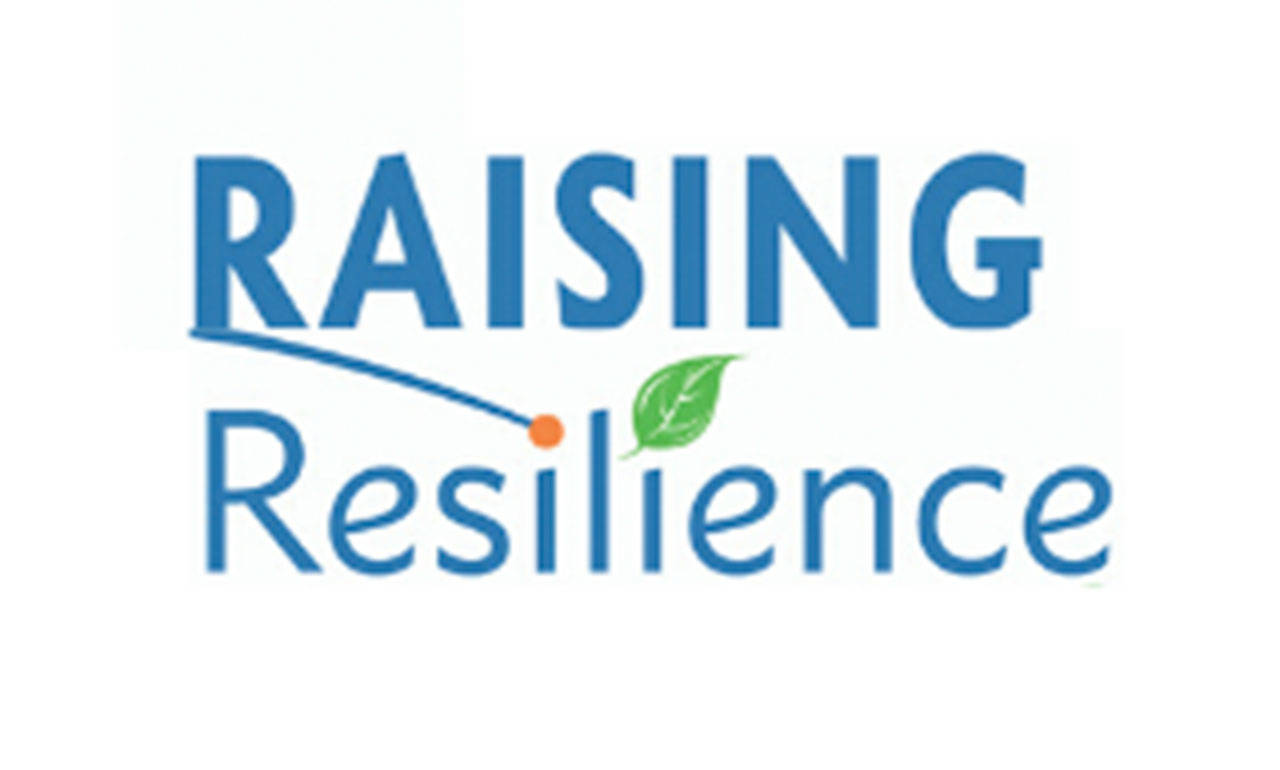When talking to someone about consent regarding sex, don’t forget the FRIES and cookies.
Helen Burke of Bainbridge Youth Services said consent needs to be Freely given, Reversible, Informed, Enthusiastic and Specific.
Kelly “Zoe” Pellegrino, a Bainbridge High senior and sexual assault victim, said when talking about it that it needs to be age appropriate. When she worked with little kids she would teach them to say “no” by asking them if they wanted a cookie. We have to respect if they don’t want one, she said.
Burke added, “The lack of no does not mean yes” when it comes to consent. She said affirmative consent is a shared responsibility, and sex is negotiated.
The two women, along with Beverly Van Stantford of the Kitsap Sexual Assault Center, spoke at an online Zoom presentation put on by Raising Resiliance Thursday.
Van Stantford said she responds to sexual assault victims. She is a mandatory reporter, which often helps victims because someone is at their side to report it to police.
“Their whole life just got turned upside down,” she said, adding she needs to “be that solid rock for them to move forward and get the help they need.”
She said that sexual assault happens whenever an adult or someone bigger uses sex as a power over you. That includes touching, kissing, fondling and even talking about sex in ways that make you feel uncomfortable. Any type of penetration is rape.
If it happens, Van Strantford said call 9-1-1 to let police sort it out. Then have a rape kit done. In Kitsap County the only place is at St. Michaels in Bremerton, although it will soon be moving to Silverdale.
When they get to Van Stantford she assures them that they are the victim and did nothing wrong. It can happen to anyone. But the perpetrator is usually someone you know or trust – about 95% of the time in Kitsap County, she said, adding only a small percentage are strangers. The perpetrator often provides special attention or gifts, but it can turn to threats, too.
On Bainbridge Island specifically, she has seen a trend of sexual assaults and date rape at the high school level most frequently involving alcohol and drugs, such as Xanax.
Regarding statistics, one in four girls and one in six boys have been sexually assaulted by age 18. One in five women have been raped and one in 71 men, although Van Stantford said that could be higher because boys “don’t think people will believe them.”
Burke said she counsels clients on all sides of the issue, not just kids. “Supporting adults is supporting kids,” she said. Emotions include confusion, guilt, shame, anger and trauma. Their thought patterns are shaken to the core – even thinking they no longer are safe at home.
So what can adults do to help?
Burke said protect youth and take ownership of the problem and fight sexual violence and harassment. Adults can promote and model healthy sexuality, boundaries and consent. “Listen to kids about their experiences,” she said.
Burke said it can be an uncomfortable topic to talk about so “get books and just leave them lying around.”
Communities need to promote social norms against violence and expand the desire to protect all kids. There needs to be open community discussions, she said.
Burke said victims can feel let down by the legal system, alone and powerless. Sometimes they turn to social media because they don’t feel heard. “Just be near them,” she said.
Pellegrino said her mom talked to her about sexual assault so when it happened she spoke out about it – organizing, “Let’s talk about sexual assault,” rallies last summer.
She said educating parents is key and that starts with communication. She said the more people talk about it the less uncomfortable it will be.
For people who have trouble saying “no,” Pellegrino said there are other ways of saying it, such as “Stop,” “Not right now” and “I don’t want to.” She also said talking in a car is a good place to communicate such sensitive issues because you don’t have to look each other in the eyes and, “It’s a captive audience,” Van Stantford added.
The best thing an adult can do is say, “I am here for you. How can I help you?” she said.



